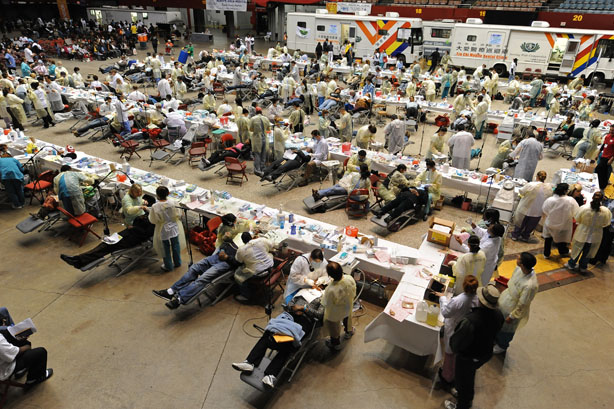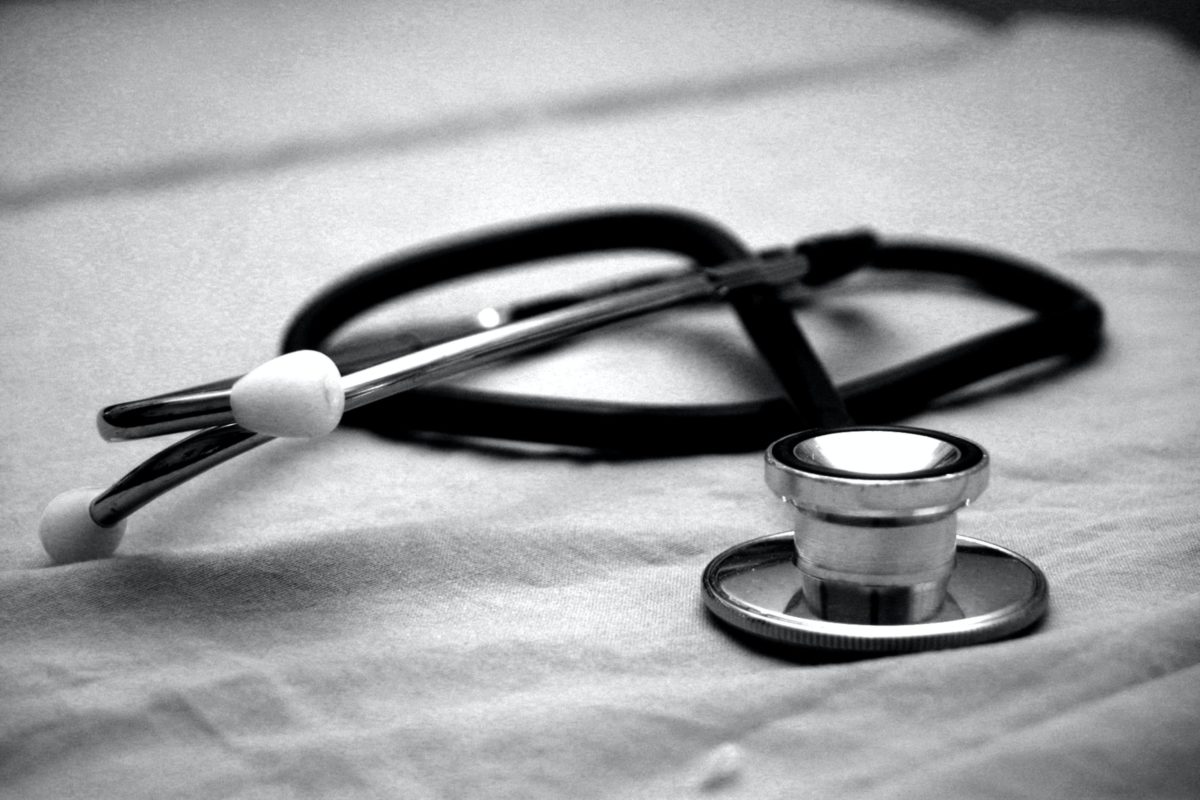
Importance of Primary Care
Primary care physicians play a vital role in the healthcare system. Examples of their work include preventing diseases by identifying risk factors and managing chronic disease care for longevity and better quality of life. Despite the important work that primary care physicians do, primary care physicians do not always get the credit they deserve, even from other physicians who work in different specialties. Atul Gawande is a well-renowned surgeon who writes about his evolved thinking and understanding of primary care physicians and the strong impact that they have on their patients in his article “The Heroism of Incremental Care” published in The New Yorker in 2017. Atul Gawande used to believe that surgeons have more opportunities to make direct impacts on their patients’ lives because surgery is a clear-cut intervention at a critical moment in a person’s life. He also used to believe that primary care physicians could not make this same impact because primary care medicine is often uncertain.
However, Gawande’s mindset regarding primary care medicine started to change when he spoke with Asaf Bitton, an internist. Bitton argued that primary care physicians have the greatest overall impact by lowering mortality rates and bettering health, and primary care medicine has lower medical costs. Bitton also provided Gawande with studies that showed that “states with higher ratios of primary-care physicians have lower rates of general mortality, infant mortality, and mortality from specific conditions such as heart disease and stroke” (Gawande). After Bitton’s explanation and taking a deeper look into primary care, Gawande changed his mind and agreed that primary care is extremely important and may even do more good for people in the long run than his work as a surgeon.
“States with higher ratios of primary-care physicians have lower rates of general mortality, infant mortality, and mortality from specific conditions such as heart disease and stroke.”
Atul Gawande, “The Heroism of Incremental Care.”
Suffering from the Lack of Access to Primary Care
Despite the fact that primary care medicine reduces risks and greatly improves the overall health of an individual, many people in the U.S. do not have access to primary care due to reasons such as a lack of health insurance and living in a rural area. The film Remote Area Medical highlights the effects of a lack of access to primary care physicians. The film documents the annual three day pop-up medical clinic organized by the non-profit Remote Area Medical in Bristol, Tennessee. Many people who live in rural Bristol do not regularly see a primary care physician because they do not have health insurance and cannot afford the costs.
One 44-year-old woman who attended the clinic wanted to get a mammogram because she had never gotten one before. Mammograms are used for early detection of breast cancer, which is extremely important because the earlier breast cancer is detected, the more likely that person will survive. The CDC recommends that women get a mammogram every two years. All women should be able to get mammograms to reduce the risk of developing severe breast cancer. However, since this woman lives in a rural area in the U.S. and does not have access to primary care medicine, she does not have the ability to get a mammogram and is consequently at a higher risk for developing breast cancer without detection that can advance to the point where her chances for survival are very low.

Another woman shown in the film is one who wanted to get a chest x-ray. She had never had an x-ray before, and the physician who went over the results of the x-ray with her explained to the woman that she had spots on her x-ray that could potentially be cancer. Although this woman was informed that she had spots in her lungs at the pop-up clinic, she most likely does not have the ability to get follow-up care after the clinic closes at the end of the weekend because she does not have access to a primary care physician and cannot afford the high costs of going to the doctor. If this woman had a primary care physician, she would be able to get continued care and treatment for the spots shown on her chest x-ray. However, since she does not have access to a primary care physician, she is left with a probable cancer diagnosis and the inability to get the continued care that she needs.
Reflecting
Similar to Gawande, I did not realize how important primary care is prior to this course. Additionally, I did not realize how lucky I am to have a primary care physician who I have a developed relationship with and am comfortable going to with medical problems or routine check-ups. Exposure to material such as the film Remote Area Medical has opened up eyes to seeing how critical primary care is for preventing diseases and providing important medical treatment that I had previously taken for granted. Although it is easy to look at a medical intervention such as surgery and see the immediate results of that intervention, it is vital to understand the importance of primary care because primary care prevents diseases, allows people to develop a strong relationship with their healthcare provider, and improves overall health.
The examples of the women from the Remote Area Medical film calls attention to the negative effects of not having access to a regular primary care physician and how this is detrimental to health. We need to figure out how to get more people access to a regular primary care physician so they do not need to wait for a pop-up clinic that comes around once a year to get care that they desperately need all the time.
Works Cited
Gawande, Atul. “The Heroism of Incremental Care.” The New Yorker, 15 Jan. 2017,
https://www.newyorker.com/magazine/2017/01/23/the-heroism-of-incremental-care. Accessed 19 Feb. 2023.
Remote Area Medical. Directed by Jeff Reichert and Farihah Zaman, 2013.
“The Importance of Having a Primary Care Doctor.” Cleveland Clinic, 5 Oct. 2020, https://my.clevelandclinic.org/health/articles/16507-the-importance-of-having-a-primary-care-doctor. Accessed 19 Feb. 2023.
“What Is Breast Cancer Screening?” Centers for Disease Control and Prevention, Centers for Disease Control and Prevention, 26 Sept. 2022, https://www.cdc.gov/cancer/breast/basic_info/screening.htm. Accessed 19 Feb. 2023.
